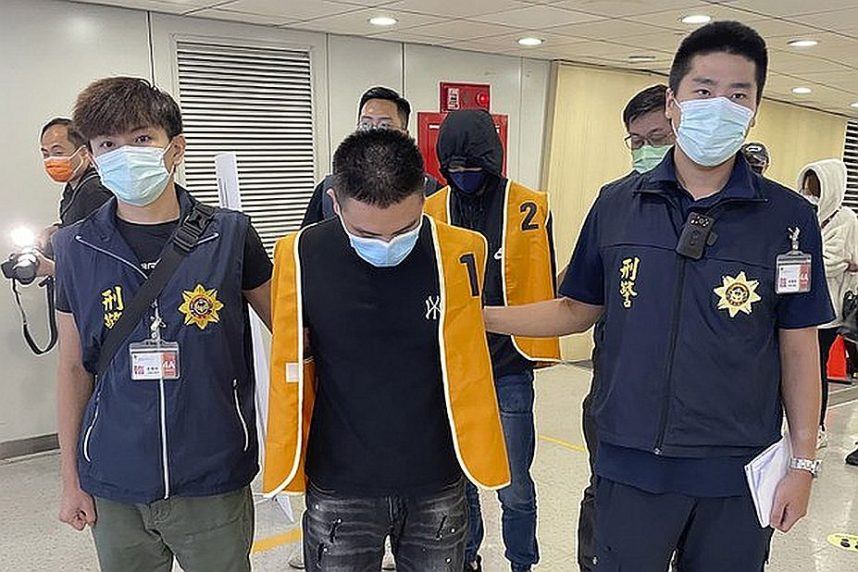Awareness Raised on Illegal Gambling and Human Trafficking in Southeast Asia
Posted on: August 30, 2023, 06:47h.
Last updated on: August 30, 2023, 06:47h.
The United Nations (UN) is intensifying efforts to address the issue of illegal gambling and human trafficking in Southeast Asia. In a recent report, the UN exposed the widespread torture and enslavement taking place through illicit gambling operations and fraudulent call centers in the region.

The Southeast Asia region has a significant number of individuals, in the hundreds of thousands, who are victims of exploitation and forced labor due to human trafficking networks. These criminal enterprises operate illicit online schemes, disregarding laws and regulations, and sometimes even receiving support from those in positions of authority.
The UN has long been aware of the issues in the region and recently called attention to the “heinous violation of fundamental human rights and freedoms.” The organization is now reiterating the urgency of combating these atrocities and pushing for change.
The Threat Spreading in Southeast Asia
In a report released by the UN’s Office Of The High Commissioner For Human Rights, it was revealed that online scammers have been wreaking havoc across Southeast Asia. Citing credible sources, the report estimated a minimum of 120,000 individuals in Myanmar and potentially up to 100,000 in Cambodia have fallen victim to these illicit schemes.
Furthermore, there is a surge in criminal operations through online gambling in Laos, Cambodia, the Philippines, and Thailand. Those coerced into participating in these fraudulent endeavors endure severe mistreatment as they are forced to engage in criminal activities.
The report provides a comprehensive understanding of the situation and sheds light on the unfolding crisis. With the impact of COVID-19, criminal elements in the region have been able to thrive.
These criminal operations have exploited the forced closure of casinos during the pandemic, taking advantage of the rising unemployment rates in Southeast Asia. As a result, more people are desperate for income and susceptible to these illicit activities.
According to the report, the scam industry generates billions of dollars annually. While a significant number of criminals come from Southeast Asian countries like China and Hong Kong, criminal organizations from Africa and Latin America are also operating in the region.
Slow Progress
The UN has urged governments in Southeast Asia to strengthen legislation and actively combat corruption, aiming to dismantle the prevailing culture of impunity. Some countries have reportedly responded to this call and are taking action.
However, in countries where human rights issues are widespread, some leaders refuse to acknowledge the truth. In response to the UN report, Chhay Kim Khoeun, the official representative of the Cambodian police, dismissed the situation in the country as unfounded. He questioned the source of the reported 100,000 victims, doubting the surveys and data collection methods employed by the UN as anecdotal statements by foreigners.
Myanmar, amidst a “state of emergency” concerning its governance, did not provide a comment to Reuters. Numerous investigations have indicated a rise in human trafficking in Myanmar, although the military leadership has expressed a desire to address the issue.


